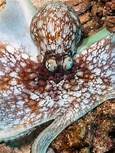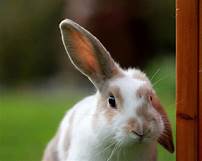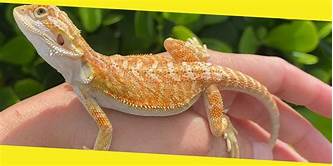Do Octopuses Make Good Pets?
With their fascinating appearance and intriguing behavior, octopuses are often perceived as captivating creatures. As a result, some individuals have considered keeping them as pets. However, determining whether octopuses make suitable pets requires a comprehensive understanding of their needs, behaviors, and potential challenges.

Octopus Characteristics and Adaptations
1. Complex Behavior:
Octopuses exhibit intricate and intelligent behaviors. They have the ability to learn, solve problems, and manipulate their environment. This complexity requires a dedicated and experienced caretaker who can provide the necessary intellectual stimulation.
2. Specialized Diet:
Octopuses are carnivores and require a varied diet consisting of live crustaceans, mollusks, and fish. Replicating their natural diet in captivity can be challenging, and improper nutrition can lead to health issues.
3. Unique Habitat Needs:
Octopuses have specific habitat requirements, including access to seawater, ample hiding spaces, and varied textures for enrichment. Creating a suitable enclosure that meets these needs can be complex and expensive.
Potential Challenges of Keeping an Octopus as a Pet
1. Environmental Sensitivity:
Octopuses are highly sensitive to changes in water quality and temperature. Maintaining stable and optimal conditions in a home aquarium can be difficult and requires specialized equipment and expertise.
2. Potential for Aggression:
While octopuses are generally not considered aggressive towards humans, they do possess a natural instinct to defend themselves. Improper handling or inadequate care can trigger defensive behaviors, such as biting or inking.
3. Lifespan and Commitment:
The average lifespan of an octopus in captivity is typically shorter than in the wild. Additionally, octopuses require consistent and attentive care throughout their lives. This commitment can be demanding and may not be suitable for everyone.
Ethical Considerations
1. Wild vs. Captive-Bred Octopuses:
Wild-caught octopuses are typically not suitable for life in captivity and often experience stress, health issues, and reduced lifespan. Captive-bred octopuses may be better adapted to aquarium life, but their availability is limited.
2. Animal Welfare Concerns:
Keeping an octopus as a pet raises ethical concerns about animal welfare. Octopuses are intelligent and sensitive creatures with specific needs and behaviors that may not be fully met in captivity.
Conclusion
Based on the unique characteristics, challenges, and ethical considerations, octopuses are not ideal pets for most individuals. Their intricate needs, specialized diet, and potential for stress and aggression make them unsuitable for casual or inexperienced keepers. Furthermore, the ethical implications of keeping a highly intelligent and sensitive animal in captivity should be carefully considered.
For those fascinated by octopuses, alternative options include visiting aquariums, participating in educational programs, or engaging in responsible observation of these remarkable creatures in their natural habitats.
Declaration: All article resources on this website, unless otherwise specified or labeled, are collected from online resources. If the content on this website infringes on the legitimate rights and interests of the original author, you can contact this website to delete it.




